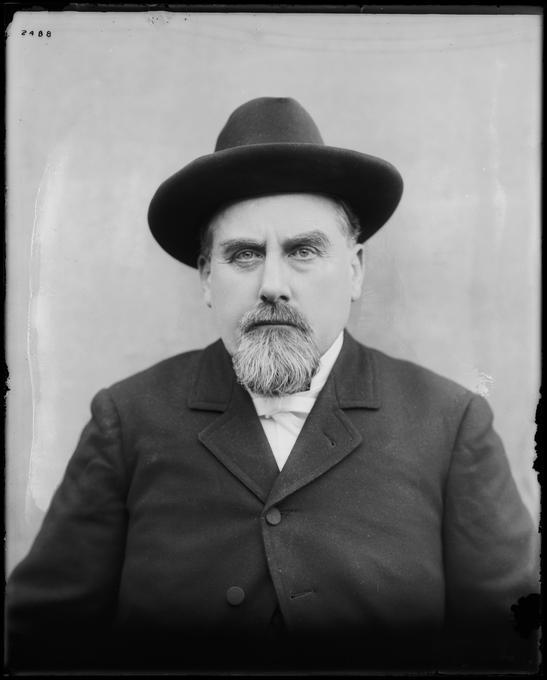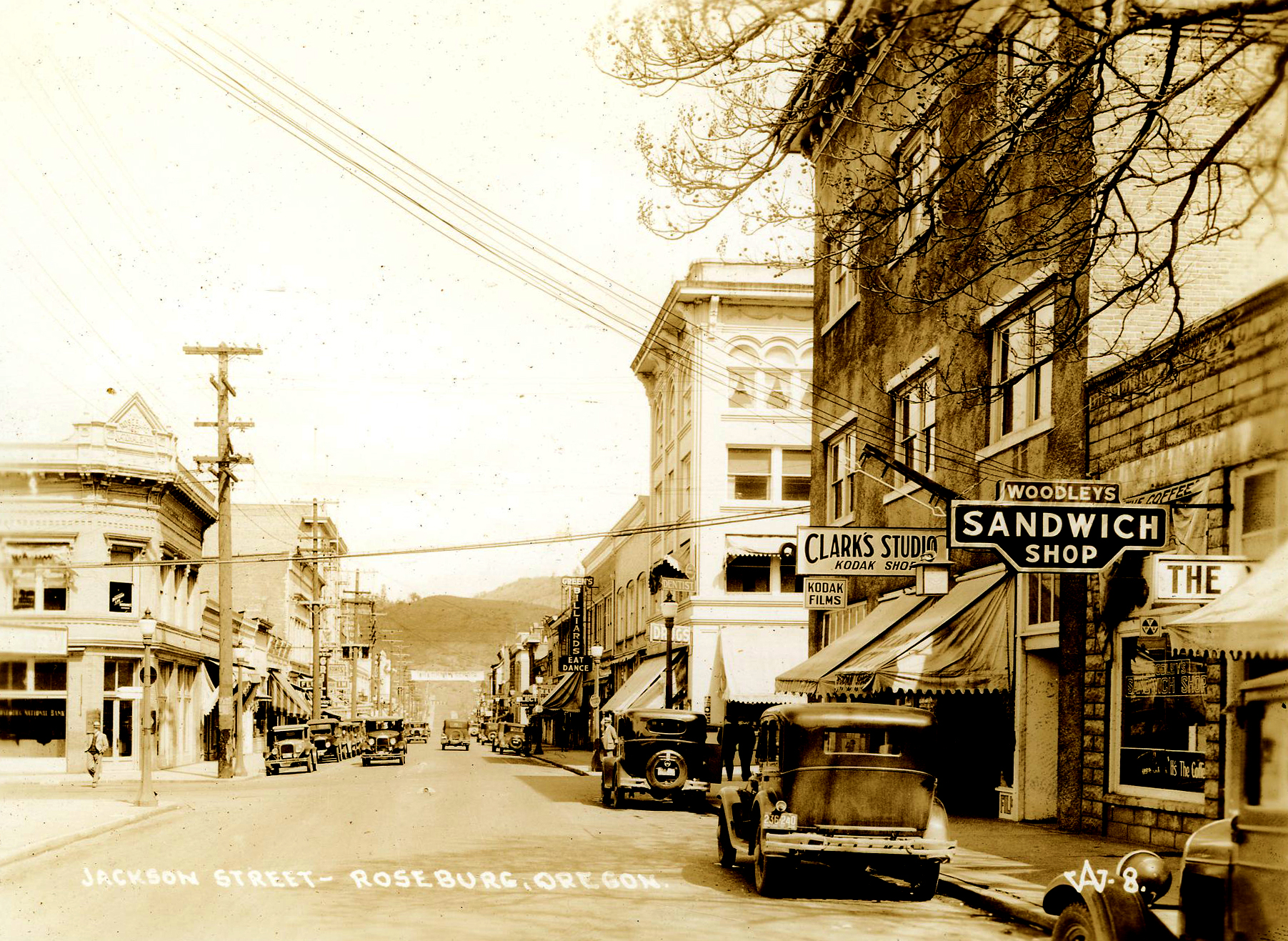The Champagne Riot in Douglas County on December 25, 1866, generated statewide newspaper coverage. The violent episode—named for the Roseburg-area settler at whose home it occurred—was a result of the political, social, and interpersonal fault lines that developed during the Civil War era in the Northwest, particularly in southern Oregon.
The war brought political trouble for Oregon’s Southern-sympathizing Democrats, and Republicans in Douglas County had parlayed wartime Unionist sentiments and a split in the Democratic Party into control of the courthouse. Samuel Culver, John Fitzhugh—the young, pro-South leader of local Democrats—and three other men, all likely inebriated and definitely armed, curtailed their Christmas libations at Goode’s Mill and rode through the dark to the Unionists’ dance at Joseph Champagne’s house in French Settlement, near Roseburg. Fitzhugh and his kin, like other pro-slavery Democrats in the region, had been inflamed by accusations of disloyalty, even “treason,” from local Republican politicians and editors. Uninvited and unwelcome at the dance, the five men soon made their hostile intent evident by refusing to remove their hats and “dancing in an insulting manner.”
Culver, who had feuded with Republican George Bennett, hit Bennett across the face with a revolver. Pulling out his derringer, Fitzhugh fatally shot the dance-floor manager. During the brawl, one of Fitzhugh’s companions was shot to death, and several men suffered knife wounds. The initial news accounts were much exaggerated, with the claim that nine men had been killed.
The murder trial of John Fitzhugh and a friend, John Hannan, aroused the passions of Douglas County’s divided community. Lafayette Mosier, a prominent pro-slavery Democrat and son-in-law of former U.S. Senator Joseph Lane, represented the defendants. Among the prosecuting attorneys, all of them Republicans, was Binger Hermann, who later represented Douglas County in Congress. By the end of the trial, each side had been accommodated: the two men were found guilty, but they received comparatively light sentences.
-
![]()
Binger Hermann, prosecuting attorney in the murder trial of John Fitzhugh and John Hannan.
Oregon Historical Society Research Library 010269
Related Entries
-
![Binger Hermann (1843-1926)]()
Binger Hermann (1843-1926)
Binger Hermann was a Roseburg attorney and politician who represented O…
-
![Roseburg]()
Roseburg
Roseburg, the county seat of Douglas County, is located in the Hundred …
Map This on the Oregon History WayFinder
The Oregon History Wayfinder is an interactive map that identifies significant places, people, and events in Oregon history.
Further Reading
LaLande, Jeff. "'Dixie of the Pacific Northwest': Southern Oregon's Civil War." Oregon Historical Quarterly 100:1 (Spring 1999): 32-81.
Wylie, Howard. "One Year after Appomattox: The Last Civil War Battle, Roseburg, Oregon." Frontier West (January 1976).



